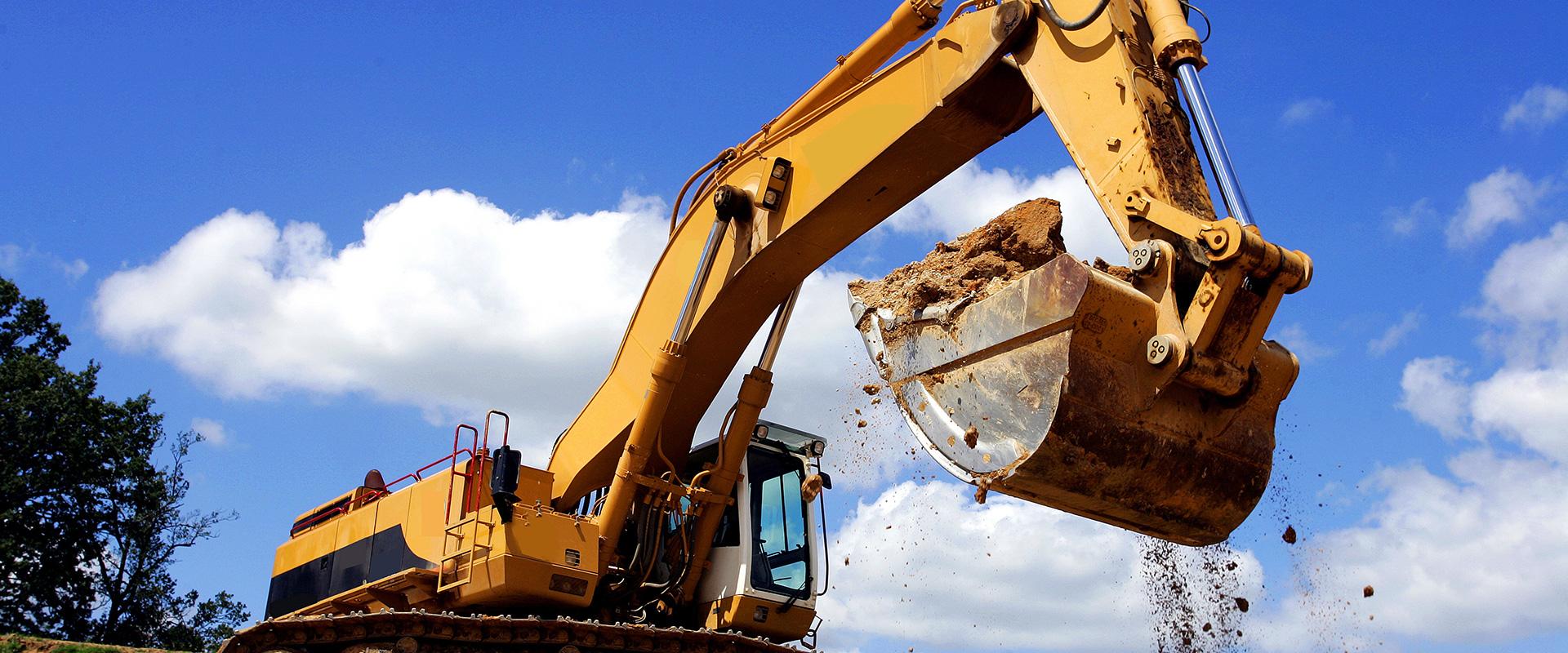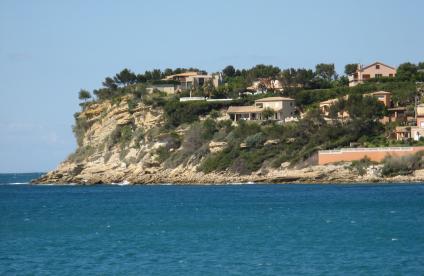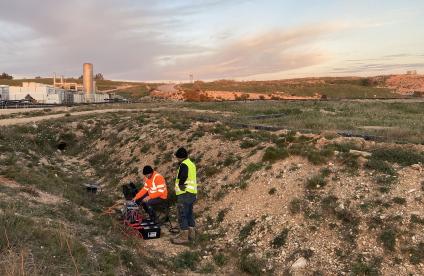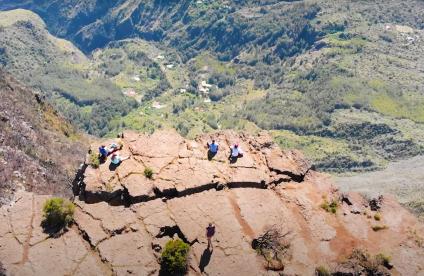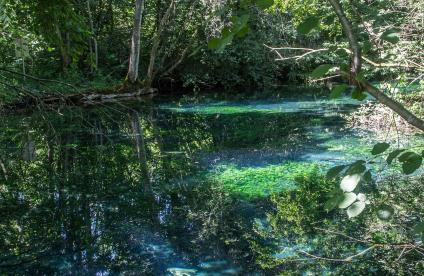Challenges and needs
Industry pays over €3.5 billion a year to dispose of construction waste in the UK and France. Consequently, the building sector wants to find new ways to safely recycle construction waste, particularly to help reduce carbon emissions if they act as low-carbon technologies.
Healthy soil is essential for agriculture and helps guarantee continued quality food production. Yet food security and agricultural sustainability remain two of the major global challenges of the 21st century.
To meet the challenges, the ReCon Soil project is investigating the potential reuse of excavation waste and locally produced sediments in the construction of fertile soils in a circular economy.
The ReCon Soil project has a total budget of €2.5 million, of which €1.8 million is financed by the European Regional Development Fund through the Interreg France (Channel) England (FCE) programme.
ReCon Soil: developing sustainable soils from construction waste
Expected results
- The development of new recipes for making healthy soil from construction waste and dredged-sediments in a circular economy approach and the deployment of demonstrators in England and France of soil construction based on these procedures.
- The drafting and provision of a master plan for the production and use of reconstituted soil.
- The development of low-carbon technology networks, with participants from the private and public sectors, particularly in the construction and agricultural sectors.
- The training of 200 workers to make the soil construction industry more operational.
BRGM's role
- Establish a database of local wastes with potential for soil reconstruction in an agricultural or urban development context.
- Develop and test soil formulations from the identified wastes by developing a pilot-scale soil construction demonstrator to study and confirm that they are safe, and to determine their carbon sequestration potential.
- Produce a life-cycle analysis of this approach to waste-recycling as a low-carbon technology and identify potential environmental benefits.
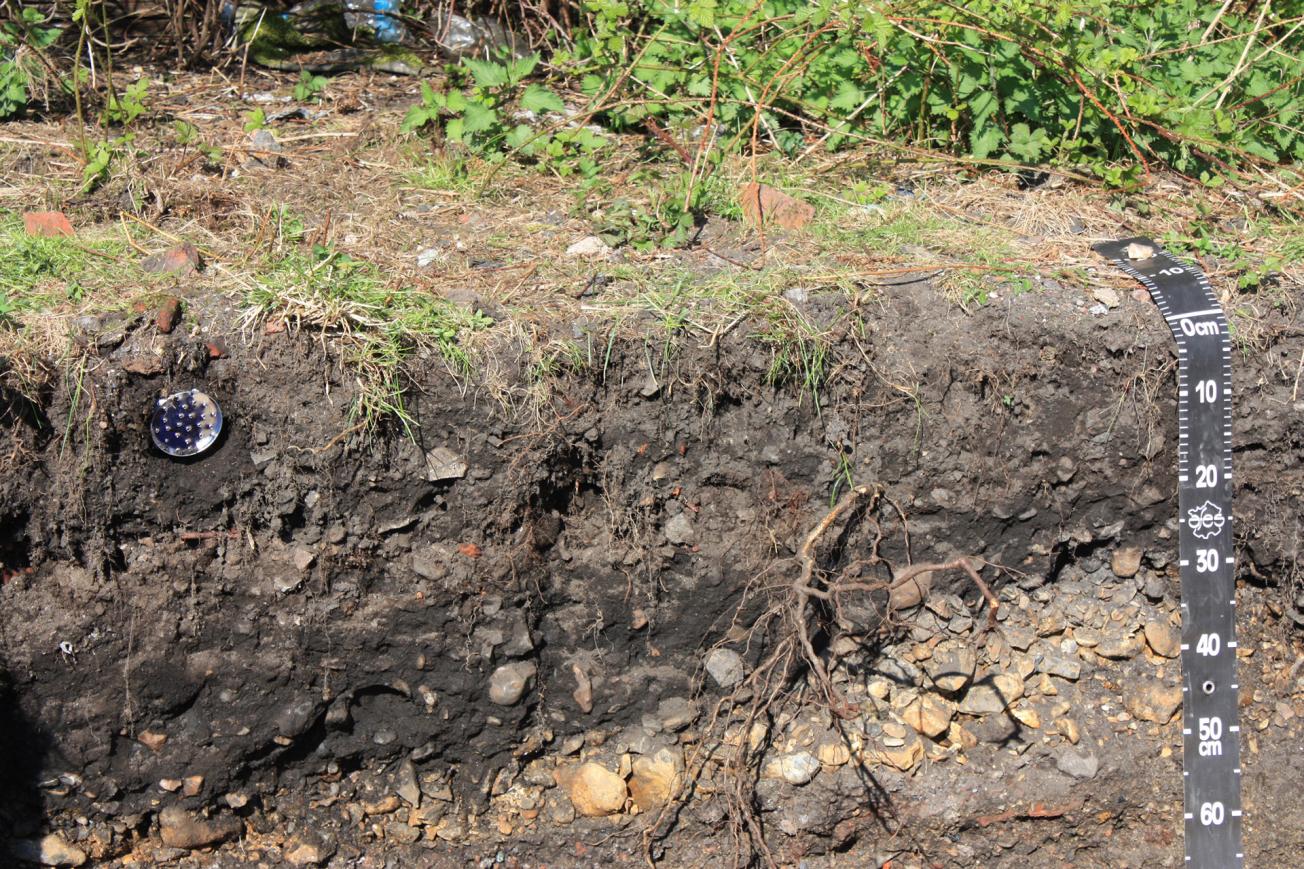
Taking samples from the surface layer of a 100-year old technosoil that developed on foundry slag (Calais region, N France).
© BRGM
ReCon Soil toolbox
-
General presentation of the project(PDF, 263 kB)
-
Experimentation with mineral material(PDF, 301 kB)
-
Experimentation with sediments(PDF, 308 kB)
-
Information and exchange day - 1 June 2022 - BRGM presentation(PDF, 3 MB)
-
Recon Soil thematic day - 5 October 2022 - BRGM presentation(PDF, 5 MB)
-
Recon Soil thematic day - 5 October 2022 - BRGM presentation (continued)(PDF, 6 MB)
-
Recon Soil Thematic Day - 5 October 2022 - Chamber of Agriculture Presentation(PDF, 5 MB)
-
Recon Soil Thematic Day - 5 October 2022 - University of Le Havre Presentation(PDF, 6 MB)
-
Recon Soil Thematic Day - 5 October 2022 - EPTB Presentation(PDF, 2 MB)

